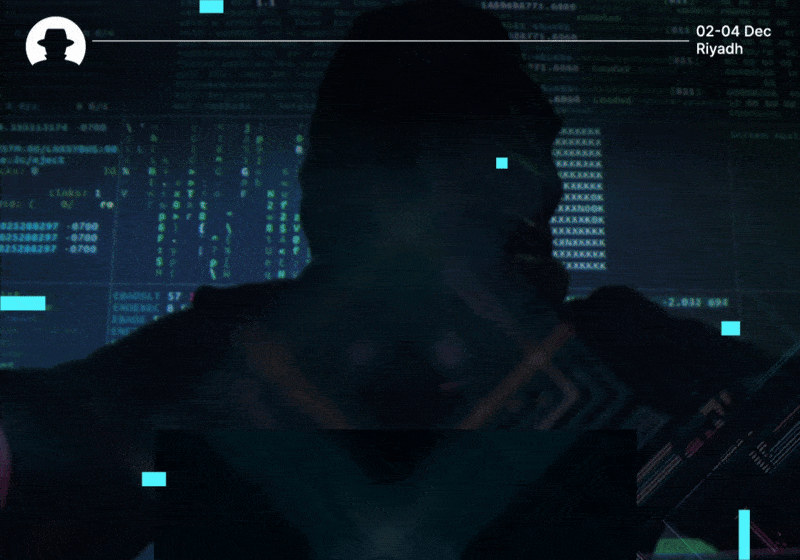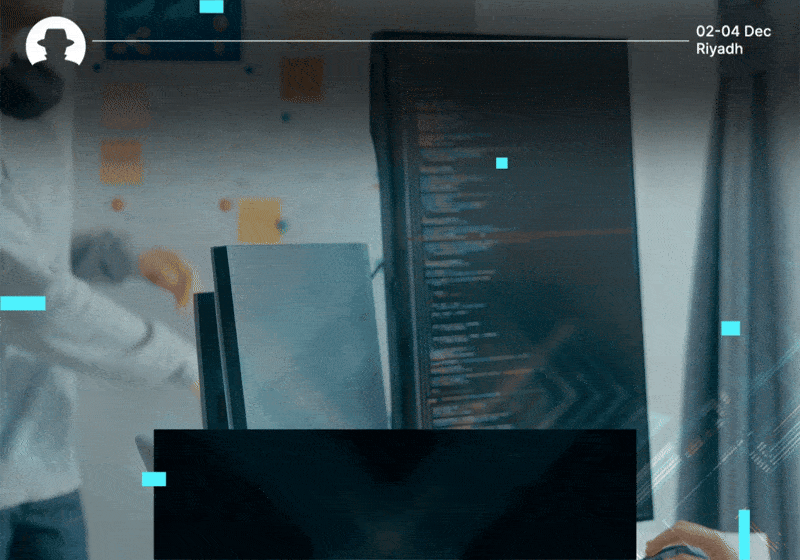
Five high-profile cyberattacks so far in 2025
Get the lowdown on five of the most damaging cyberattacks so far in 2025.
Read More
Shoutout to the new 106 cyber warriors who joined us last week. As a subscriber, you'll be among the first to receive our weekly newsletters every Wednesday, packed with all the latest news, updates, and insights.
Stay in the loop with our weekly LinkedIn newsletters. We can't wait to connect with you!
For-profit hacking, and how it hasn’t always been such a big deal.
We interviewed Gram Ludlow (SVP, CISO at Marriott Vacations Worldwide) for the BHMEA blog, and he said:
“For-profit hacking is definitely the biggest threat I see.”
To anyone who hasn’t been immersed in the world of cybersecurity for a while, it might seem obvious that hackers are hacking for profit. What else would they be doing?
But a quick look back in time shows that profit hasn’t always been the primary goal of hackers. Far from it, in fact.
Hackers were people who saw computers (huge ones) and wondered if they could make them do cool stuff. It wasn’t allowed, and it wasn’t in line with the predetermined purpose of the machines – but they weren’t trying to hurt anyone either.
By tinkering and experimenting, hackers were instrumental in building the internet as we know it today.
The original goal? The thrill of doing something new.
Have you heard of Joe Engressia? He later changed his name to Joybubbles (yes, really). He was blind and had perfect pitch – and in 1957 he found that if he whistled the fourth E above middle C, the tone would stop a dialled phone recording.
Together with John Draper, Engressia found that a specific toy whistle (distributed to children inside Captain Crunch cereal boxes, no less) could produce the same pitch.
So, whistles in hand, they started a club called the Phone Phreaks. As more people joined them they decided to make a better device to produce their phone-hacking sounds, so they invented the blue box: an electronic device that could match the different tones that phone companies were using to direct calls.
The result?
They were able to make calls all around the world, tapping into shadowy areas of the phone system that were designed for use only by telecoms companies. As Engressia and Draper’s tech gained traction, the Phone Phreaks started to get together on group calls deep in the phone system, and chat with others who shared their fascination with pitch and phones.
(Sounds a little bit like Reddit, right? Or even…the dark web.)

Then the Homebrew Computer Club got together at someone’s house in Silicon Valley, on March 5th, 1975. Within just a few months the club’s membership grew from 32 to 240 – and then reached 1,500 after a couple of years.
They wanted to build computers. Just for fun. As hobbyists, they felt no competitiveness like the professional computer engineers of the time, so they shared their learnings freely and openly.
They used any hardware they could find, and adapted any software they could get their hands on (at the time, Microsoft sent this letter to the Homebrew Computer Club, threatening them with legal action if they didn’t desist using Microsoft software).
It quickly became clear that sharing information would make the process of developing computer technology much faster and smoother. And the club’s creations (which could play music, create graphics, and more) directly led to Steve Wozniak building the Apple I.
These are just a few of the small moments in the history of hacking that have brought us to where we are today.
But they’re worth remembering: because as for-profit hacking grows, the impression that people have of hackers is…bad.
As Ludlow said, “There has been a proliferation of organised, but ‘basic’ spam-type threats that broadly target huge groups, and only need a small chance of success to be profitable. They are targeting individuals, businesses, governments, really anyone or anything where they can monetize. With automation and scale, it is relatively easy to carry out these attacks at low cost.”
So, let’s keep telling the stories of the hackers who changed our lives, and make sure the world remembers that hackers don’t just break things and steal money and hurt people: they push the needle on technological evolution.
Read our interview with Gram Ludlow: The bad guys share. Do you?
Do you have an idea for a topic you'd like us to cover? We're eager to hear it! Drop us a message and share your thoughts. Our next newsletter is scheduled for 31 May 2023.
Catch you next week,
Steve Durning
Exhibition Director
P.S. - Mark your calendars for the return of Black Hat MEA from 📅 14 - 16 November 2023. Want to be a part of the action?
Join the newsletter to receive the latest updates in your inbox.

Get the lowdown on five of the most damaging cyberattacks so far in 2025.
Read More
Find contacts, skills, and opportunities at this world-class cybersecurity event.
Read More
Find out how brief conversations and momentary interactions can shape your career path through micro-mentorship.
Read More